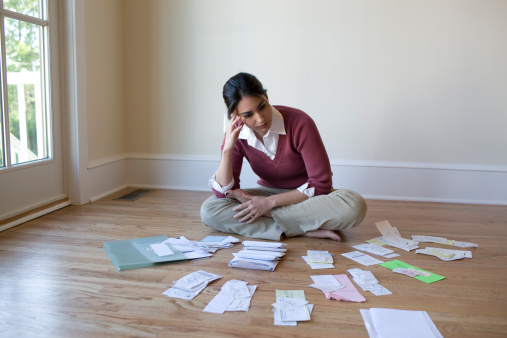 If you’re running or starting a new business you’ll need to keep accounts – or books as they’re often known – for your business. But don’t be scared by the idea of keeping business accounts – it’s a lot more straightforward than you might think. Here are some tips on keeping simple business accounts:
If you’re running or starting a new business you’ll need to keep accounts – or books as they’re often known – for your business. But don’t be scared by the idea of keeping business accounts – it’s a lot more straightforward than you might think. Here are some tips on keeping simple business accounts:
First, why do you need business accounts?
There are four reasons you need good business books. Firstly, your accounts provide the information you need to see how your business is doing on a weekly, monthly or annual basis. Secondly, they provide the information you need to complete tax and VAT returns for HM Revenue & Customs. Thirdly, if you need a business loan or overdraft your bank might want to see them. Finally, if you have an accountant, they will need them in order to draw up your end of year accounts and returns.
Paper or electronic accounts?
It’s probably fair to say that most businesses today keep their books electronically, on a PC or laptop. There are lots of bookkeeping software packages around – one of the most popular small-medium sized business systems being Sage.
You don’t have to keep your books electronically though. If you have just a very small or home business you can save money by just keeping them in paper accounts books. It’s a good way for a new business to save money in the early months.
What records do you need to keep?
The basis of most bookkeeping systems is fairly simple:
* You need to keep a record of all your SALES. That is, goods or services sold to customers. Keep a separate record of the net amount, VAT charged to the customer (if you’re VAT registered) and the total or gross amount.
* You need to keep a record of all your PURCHASES. That is, any goods or services you purchase for resale, or to use in the running of your business. Keep a separate record of the net amount, VAT charged by the supplier, and the total or gross amount.
* You need to keep a record of all payments made to any STAFF you employ – which includes yourself if you’re an employee of your business and any part time or occasional staff. Keep a separate account of the wage paid, any expenses paid, and any tax or national insurance deducted.
Whether you keep your books on paper or electronically remember to keep copies of all invoices and receipts issued or received. (You need to keep these for six years for tax reasons.)
Do you need a book keeper?
It’s up to you whether you hire a bookkeeper or not. You can do yourself if you like – you don’t need any special accountancy skills. But hiring a bookkeeper, maybe just a part time one, can free up time to spend on other aspects of your business.
Developing good book keeping habits…
One of the best things you can do with business books and accounts is to do them regularly, and keep everything as up to date as possible. Set aside some time every week or every month to enter up all your sales and purchases and balance the totals. Whatever you do, don’t leave it all until the end of the tax year!
While we’re on the subject of keeping accounts, here’s another article you might find useful when setting up a new business.

